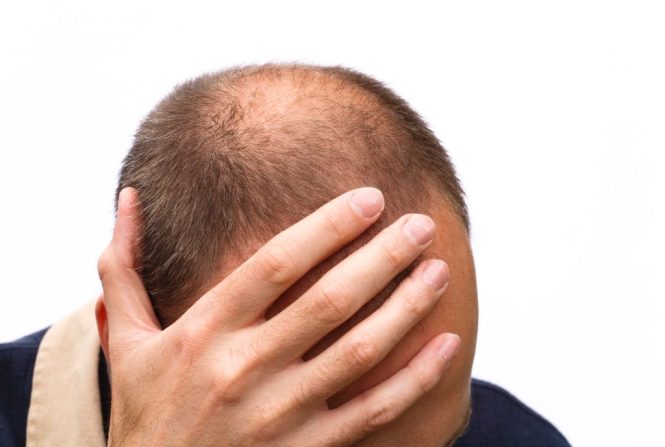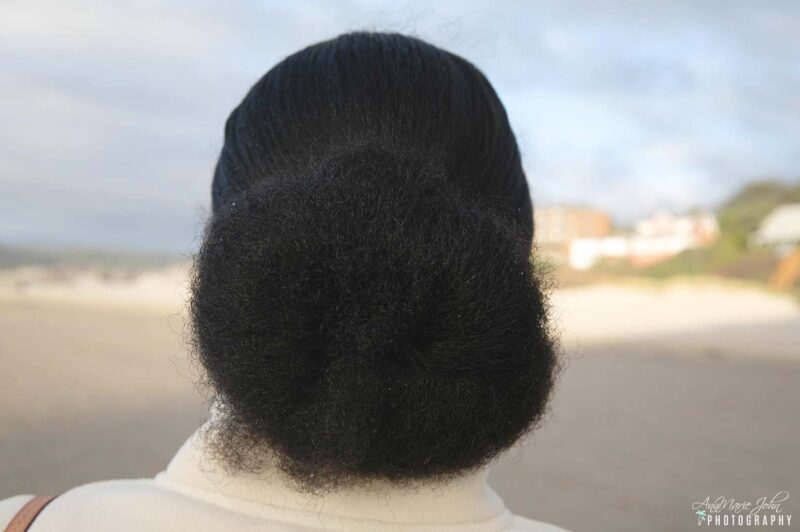

Hair loss anxiety is a prevalent issue affecting individuals worldwide. It can stem from a variety of factors, from genetic predisposition to underlying health conditions, but the emotional toll can be significant, impacting self-esteem, and overall well-being. Understanding the root causes, recognizing the symptoms, and developing practical coping mechanisms are crucial steps towards managing and overcoming this condition. This article dives deep into the world of hair loss anxiety, exploring the emotional impact, and providing actionable strategies for managing it effectively. We’ll also discuss the importance of professional support and how to find resources in your area. This article is structured as follows: First, we explore the root causes of hair loss anxiety and its impact on your mental health; next, we offer effective strategies for coping with anxiety; then, we discuss the importance of professional help; and finally, we conclude with a call to action and resources for further support.
Understanding Hair Loss Anxiety: Unveiling the Emotional Impact
Root Causes:
Hair loss can stem from various factors, including genetics, hormonal changes, stress, and underlying health conditions. These factors often lead to anxiety and distress. Individuals who experience hair loss often grapple with self-consciousness, body image issues, and feelings of inadequacy. The social stigma associated with hair loss can further exacerbate these emotional responses.
Impact on Mental Health:
The emotional impact of hair loss anxiety is multifaceted. It can trigger feelings of inadequacy, shame, and low self-esteem. This can affect your mood, relationships, and daily functioning, leading to social withdrawal and even depression in extreme cases. Research shows a direct link between hair loss and stress, particularly when perceived as a sign of aging or illness.
Coping Strategies for Hair Loss Anxiety
Practical Approaches:
Developing healthy coping strategies is essential for managing hair loss anxiety. These approaches encompass a diverse range of techniques aimed at emotional regulation and stress reduction. Consider mindfulness practices like meditation or deep breathing exercises, engaging in regular physical activity, maintaining a balanced diet, and getting enough sleep. Adopting these strategies can help you navigate the emotional distress associated with hair loss anxiety.
Seeking Support:
Building a strong support network is equally important. Connecting with friends, family, or support groups can offer crucial emotional support and validation. Sharing your experiences with empathetic individuals can lessen the feeling of isolation. Discussing anxieties, fears, and concerns can lead to a sense of shared understanding and collective support in the journey.
The Role of Professional Help
Seeking Therapy:
Professional help can offer tailored strategies for coping with hair loss anxiety. A therapist or counselor can provide a safe space to explore underlying emotions and develop healthy coping mechanisms, including cognitive behavioral therapy. This approach can help you identify and challenge negative thoughts and behaviors. A therapist can guide you in developing a personalized action plan and addressing anxieties associated with hair loss.
Consulting Healthcare Professionals:
Consulting a dermatologist or other healthcare professional is crucial for determining the root cause of the hair loss. Diagnosing and addressing any underlying medical conditions can prevent anxiety from worsening. A dermatologist can help determine the cause of hair thinning or loss and recommend appropriate treatment options if any medical issues are found.
Practical Tips for Boosting Self-Esteem
Embracing Your Uniqueness:
Focus on self-acceptance and appreciation. Celebrate your strengths, talents, and achievements, regardless of any perceived changes in your appearance. Embrace your unique qualities and value yourself for who you are, not just your looks. This shift in perspective can create a positive mindset, building confidence and combating anxiety.
Healthy Lifestyle Practices:
Maintaining a healthy lifestyle can greatly contribute to overall well-being and reduce stress. Engage in regular exercise, eat nutritious foods, and prioritize sufficient rest and relaxation. Incorporating mindfulness practices into your daily routine can help reduce stress and promote emotional well-being.
Finding Resources and Support Systems
Online Communities:
Online support groups or forums can provide a safe space to connect with others experiencing similar challenges. Sharing experiences and learning coping strategies from others can be beneficial for individuals struggling with hair loss anxiety.
Local Support Groups:
Local support groups, often facilitated by mental health professionals, offer opportunities to connect with others experiencing hair loss anxiety in person. This can provide tangible support from people navigating the same issues. Furthermore, engaging in community events, groups, or activities can help build a strong support network.
In conclusion, hair loss anxiety is a significant emotional challenge that affects many individuals. Recognizing the triggers, understanding the coping mechanisms, and seeking professional help are crucial steps towards managing this condition. By addressing the emotional impact, individuals can regain their confidence and overall well-being. Remember, you are not alone, and support is available. If you’re struggling with hair loss anxiety, consider reaching out to a therapist or counselor. They can provide personalized guidance and support tailored to your specific needs. Your journey to feeling confident and comfortable in your own skin is possible, start today.